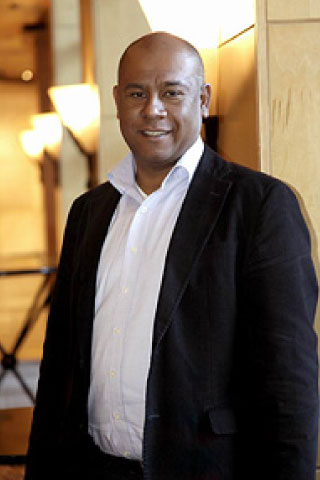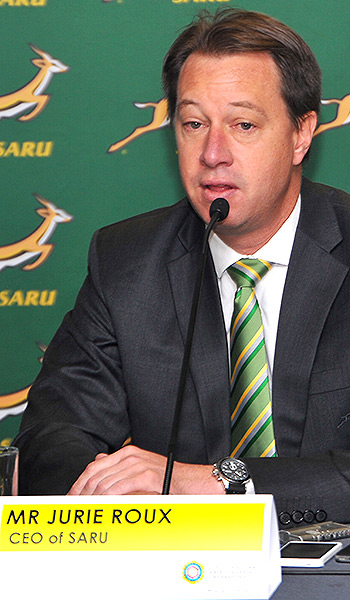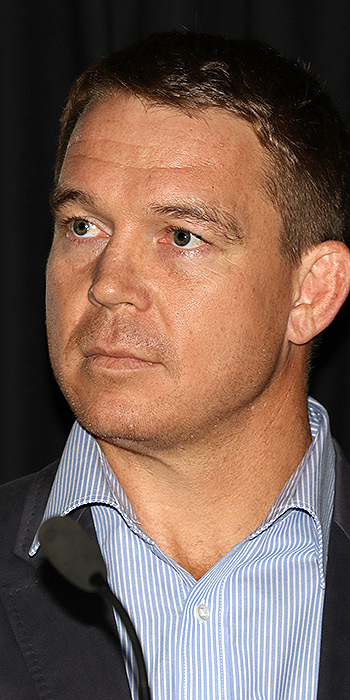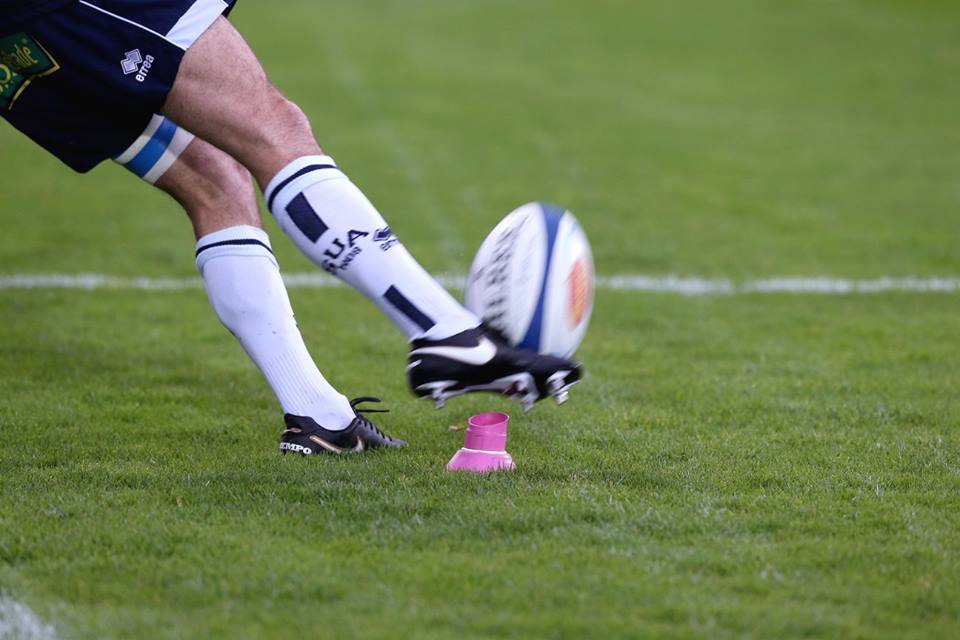Schoolboy doping more rife than among Pros
A media storm erupted this week when – on social media – it was claimed that two Super Rugby players had been found guilty of doping violations.
Khalid Galant, Chief Executive Officer for the SA Institute for Drug-Free Sport, in an extensive interview with rugby365 said that from June 2015 to April 2016 the number of positive tests for rugby players were 18.
"Of those 18 there were two from Super Rugby," he said, adding: "The rest are from Currie Cup, Craven Week, Academy Week, Under-21 and Varsity Cup."
However, what was more concerning for Galant – than the two high-profile players – was there is still a high number of steroids and the number of positives among "Under-18 players" are still very prominent.
"Those are schoolboys who have growing bodies and are engaged in serious doping – with hormonal products such as steroids," he told rugby365.
"The concern is, where are they getting it?
"They can only get it on the black market.
"That means we have school children interacting with underground, nefarious characters who are basically drug dealers."
Galant confirmed seven of the names of the players who produced positive tests in the past year.
This include Sharks hooker Monde Hadebe, who has been banned for four years, after his results produced two forbidden forms of steroids.
The other 'big' cases is former Eastern Province Kings flank Siyanda Mangaliso, who produced a positive test for steroids. He was serving a sanction of two years and he was tested during his sanction and tested positive again.
His latest sanction has not been finalised, but he faces anything from four years to a lifetime ban.
The others revealed to rugby365 by Galant were Nomzanga Lukhanyo (Methylhexaneamine – eight-month ban), Benito Chase (steroids – four years), Stephan Bornman (Beta-2 Agonists – three years, although he is appealing the three-year ban), Nico Graaff (Methylhexaneamine (dimethylpentylamine) – two years) and Reginald Thabethe (steroids – four years).
Galant said it is difficult to say if doping violations are a growing problem in rugby.
"Rugby is the most tested sport in South Africa, because of its doping risk profile," the SAIDS CEO said.
"It also has the most high-level competitions – from Craven Week up to Rugby Championship.
"We allocate a lot of resources to rugby and statistically, the more you test, the more positives will pop up."
he felt that it has not increased substantially in the sport and that it has more plateaued in the last two years.
"You can't say that now that rugby is a dirty sport. Because there are not as many competitions in say athletics, we can't test as much or in such high volumes in the other sports. It is not a fair assessment to compare rugby with sports that have fewer opportunities for us to test."
Galant also revealed that SAIFS keep changing their testing strategy to avoid becoming predictable.
"The reason we do that is that testing is a deterrent – it has to remain unpredictable to players.
"Sometimes we test heavy in one competition, then we shift to another competition – to ensure that they can't predict where we will test."
He said that based on their stats, doping is more prevalent in Varsity Cup and schoolboy rugby than in the professional ranks.
They did about 150 tests at the Craven Week in KwaZulu-Natal last month and expect those results to be available towards the end of August.
"Varsity Cup is fairly new and we have gradually increased the testing in Varsity Cup," he added.
SA Rugby said they are "committed" to keeping the sport clean.
"We support SAIDS every step of the way in their work," SA Rugby CEO Jurie Roux said.
"We obviously can't talk about any current cases, but every time a successful prosecution is brought by SAIDS we regard it as a win for our sport.
"There is no place for doping in sport and I would like to call once again on parents, school and club coaches as well as players themselves to assist in identifying and catching those who transgress.
"Rugby is tested more than any other sport in South Africa and SA Rugby also ensures, that where they have jurisdiction over the school boy game, that these players are also tested.
"SAIDS, by the use of information received and their own intelligence systems, are more focused with their testing and are getting more positive test returns as a result.
"But that is what we want to ensure, that we keep rugby clean."
* Meanwhile outgoing Sharks CEO John Smit said they were saddened to hear the news about Hadebe's doping offence.
"Monde is a man of integrity and a leader in his own right, who, over the years, has been a great ambassador for the Sharks," Smit said.
"Due to a reoccurring injury that hampered his progress he took the decision to retire from the game at the beginning of the year, prior to the SAIDS findings, and has successfully started a corporate career.
"Monde had acknowledged his mistake in not being more careful and is most remorseful, and had co-operated with SAIDS from the outset, whilst they carried out their investigation," Smit added.
"The Sharks support and acknowledge the great work that the Anti-Doping Council carries out, and we will continue to educate and provide guidance to our players on the importance of making informed decisions and to know exactly what they take into their bodies and whether or not that is permissible."
By Jan de Koning
@King365ed
@rugby365com




















































